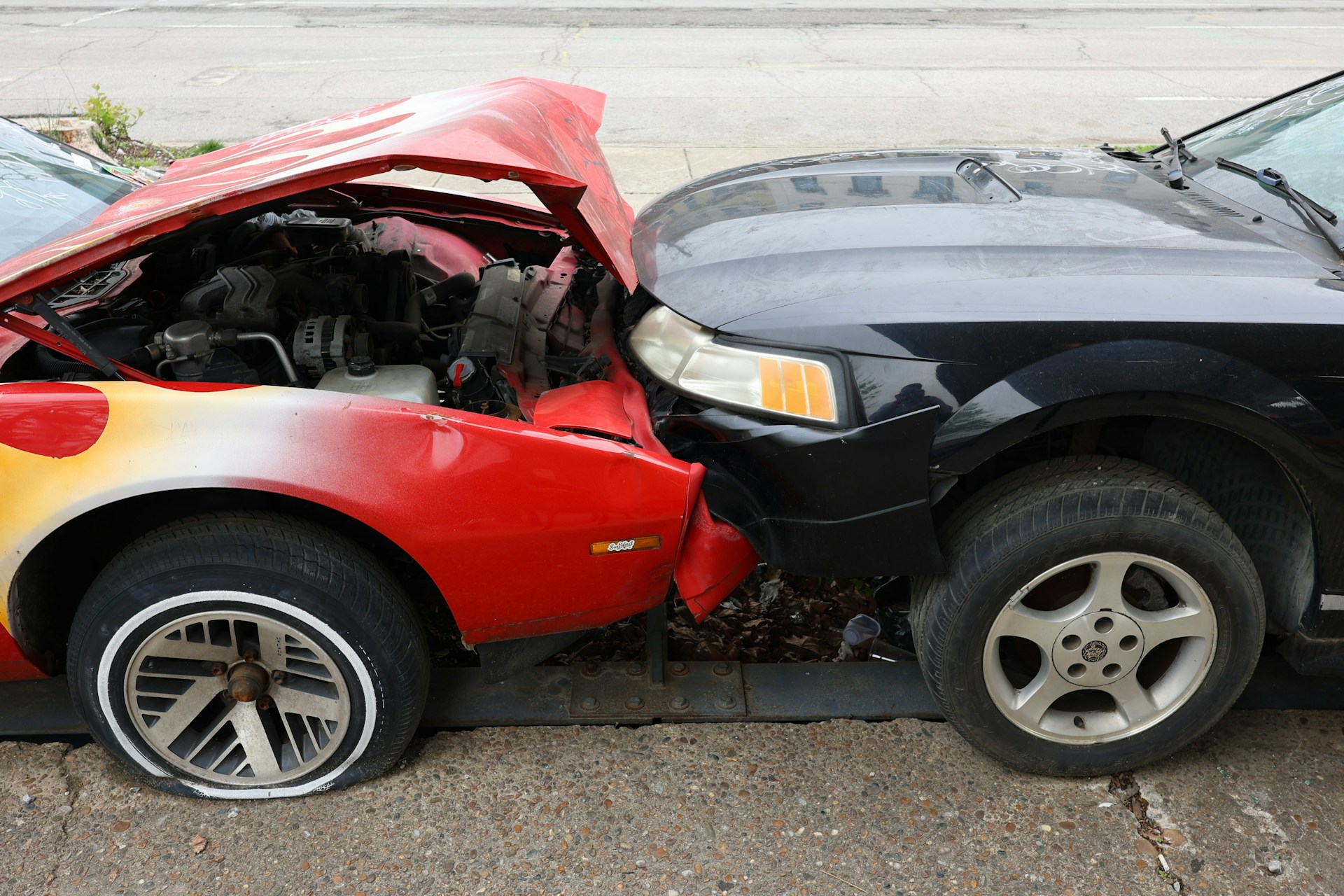Now Reading: How Fatigue and Hours-of-Service Violations Contribute to Truck Crashes
-
01
How Fatigue and Hours-of-Service Violations Contribute to Truck Crashes

How Fatigue and Hours-of-Service Violations Contribute to Truck Crashes
Driver exhaustion is one of the leading causes of commercial truck accidents, often resulting in severe injuries and property damage. A legal team handling serious commercial truck crashes examines whether trucking companies adhered to federal hours-of-service regulations and other safety requirements. Understanding the role of fatigue and regulatory violations in these accidents is crucial for establishing liability and helping victims secure fair compensation.
Understanding Hours-of-Service Regulations
The purpose of federal hours-of-service (HOS) regulations is to set minimum rest periods and restrict the number of hours that commercial drivers may operate their vehicles. These regulations aim to make roads safer and lessen accidents caused by fatigue. Nonetheless, infractions continue to happen, occasionally as a result of employer pressure, poor scheduling, or insufficient supervision.
In order to assess compliance with HOS regulations, a legal team investigating a collision will examine driver logs, electronic logging devices (ELDs), and other documentation. To determine whether systemic pressure played a role in the infraction, they also looked at dispatch schedules and corporate policies. Attorneys can show that the employer or management team was also negligent by identifying patterns of non-compliance.
The Effects of Driver Fatigue on Safety
A number of vital abilities required for safe driving are compromised by fatigue. It increases the risk of lane departures, missed signals, and delayed braking, slows reaction times, and diminishes situational awareness. When sleep deprivation is severe, drivers may have microsleeps, which are short, uncontrollable attention lapses that can result in catastrophic collisions.
Fatigue affects judgment in addition to its physical effects. Extreme fatigue can cause drivers to misjudge stopping distances, underestimate risks, or react improperly to abrupt changes in traffic. In order to explain the physiological effects of fatigue and how they probably contributed to a crash, legal teams thoroughly examine these factors and frequently consult expert witnesses.
Investigating Fatigue-Related Accidents
A legal team looks at several sources of evidence when assessing a crash caused by fatigue. These consist of maintenance records, witness statements, ELD data, and driver logs. In order to ascertain whether systemic negligence was involved, they also examine the scheduling procedures, policies, and safety culture of the trucking company.
Reconstructing the timeline of a driver’s hours, examining rest periods, and determining the degree of sleep deprivation are some examples of expert analysis. This data is then integrated with vehicle telemetry, accident scene evidence, and other elements to produce a thorough understanding of how fatigue played a role in the incident. The intention is to demonstrate that if appropriate safety precautions had been taken, the collision could have been avoided.
Broader Implications for Trucking Companies
Maintaining safe operations, which includes keeping an eye on driver schedules and enforcing adherence to HOS rules, is the responsibility of trucking companies. There may be serious financial and legal repercussions if this isn’t done. To show that liability extends beyond the driver, lawyers emphasize corporate responsibility.
These inquiries may also uncover systemic trends like frequent schedule infractions, deadline pressure, or insufficient rest areas. A client’s case is strengthened and may result in increased compensation for injuries, medical expenses, lost wages, and other damages if it can be demonstrated that the company intentionally exposed drivers to risks related to fatigue.
Legal Strategies and Client Support
When dealing with fatigue and HOS violations, legal teams that handle serious commercial truck crashes take a comprehensive approach. To make sure every facet of the case is fully addressed, they collect and preserve evidence, speak with clients, and confer with experts. Additionally, they advise clients on what to record, such as medical care, car damage, and the accident’s long-term effects.
Lawyers can negotiate settlements or pursue litigation that fairly represents the seriousness of fatigue-related negligence by presenting a well-researched case. Holding employers and drivers accountable promotes safer trucking practices and gives impacted victims justice.
Final Thoughts
Fatigue and hours-of-service violations play a critical role in many commercial truck accidents, often creating preventable hazards on the road. A legal team handling serious commercial truck crashes investigates both driver behavior and company practices to establish liability and support victims’ claims. Understanding these contributing factors allows attorneys to build strong cases, ensure proper compensation, and promote accountability in the trucking industry. Proper attention to fatigue-related issues is essential for protecting both public safety and the rights of accident victims.










